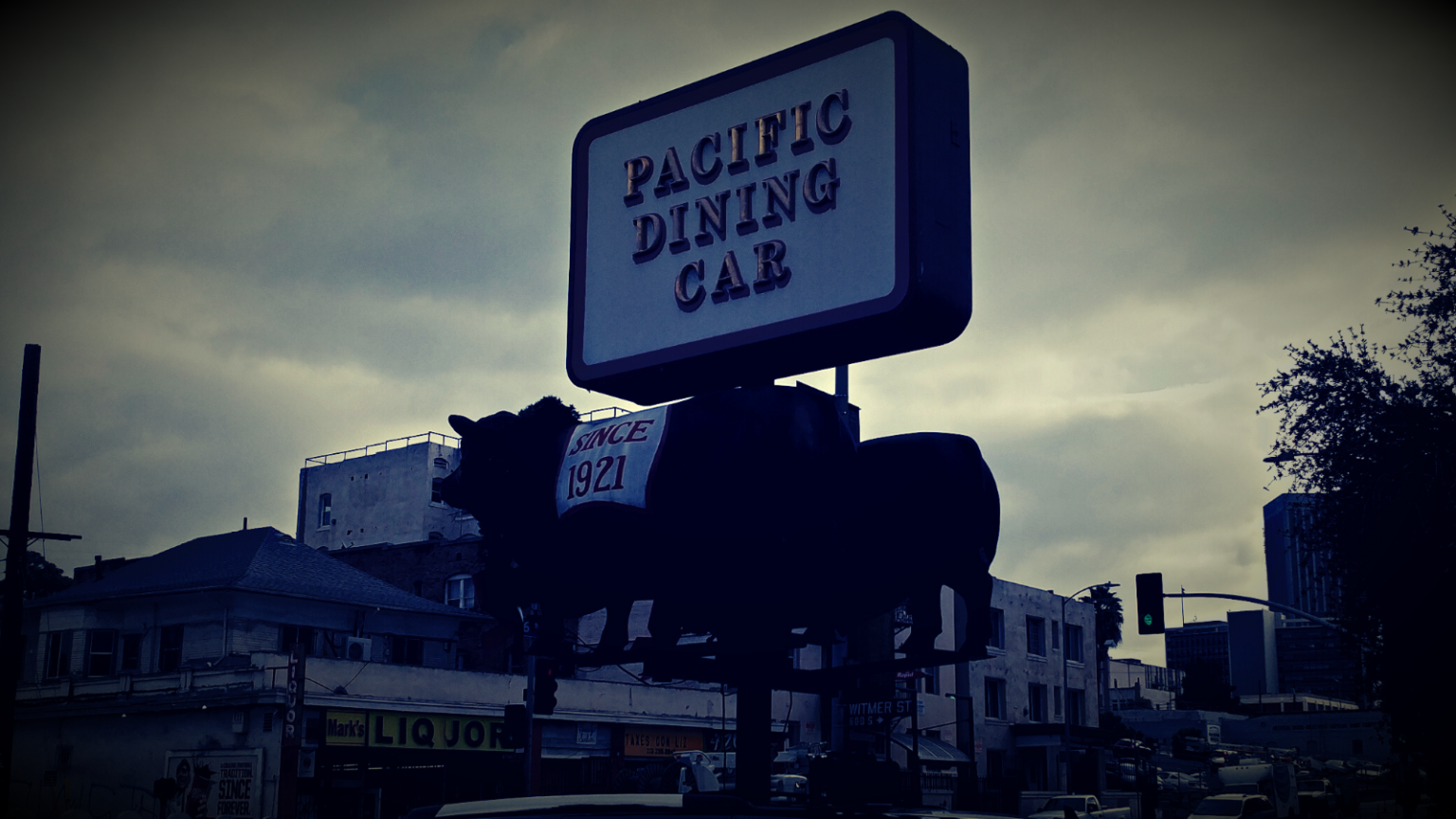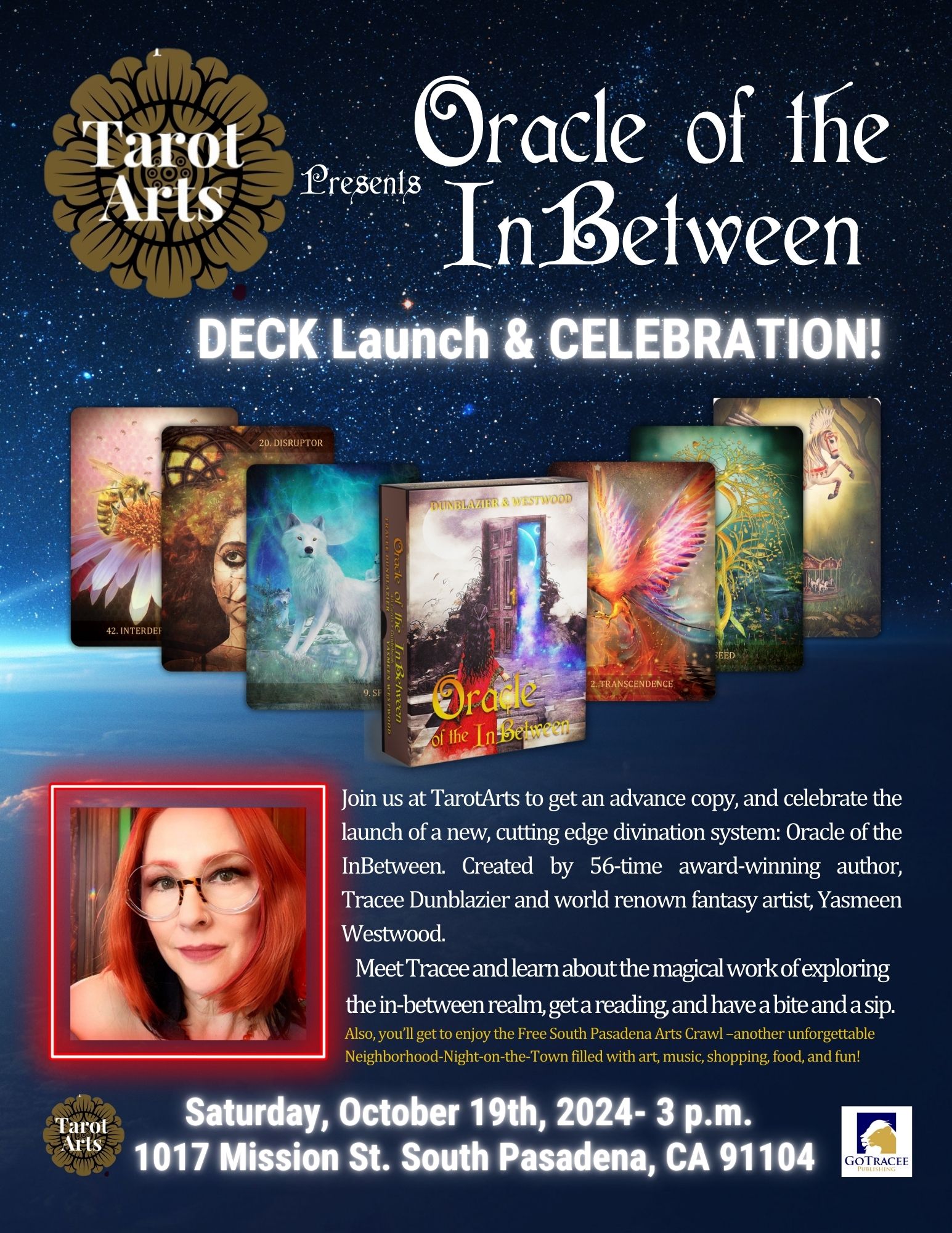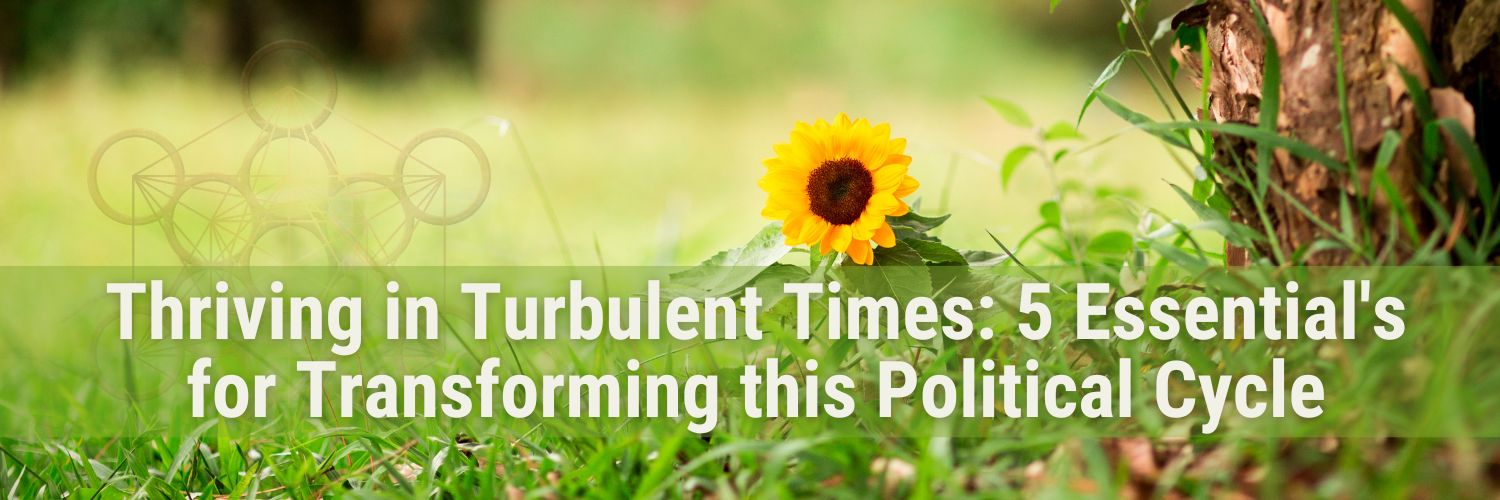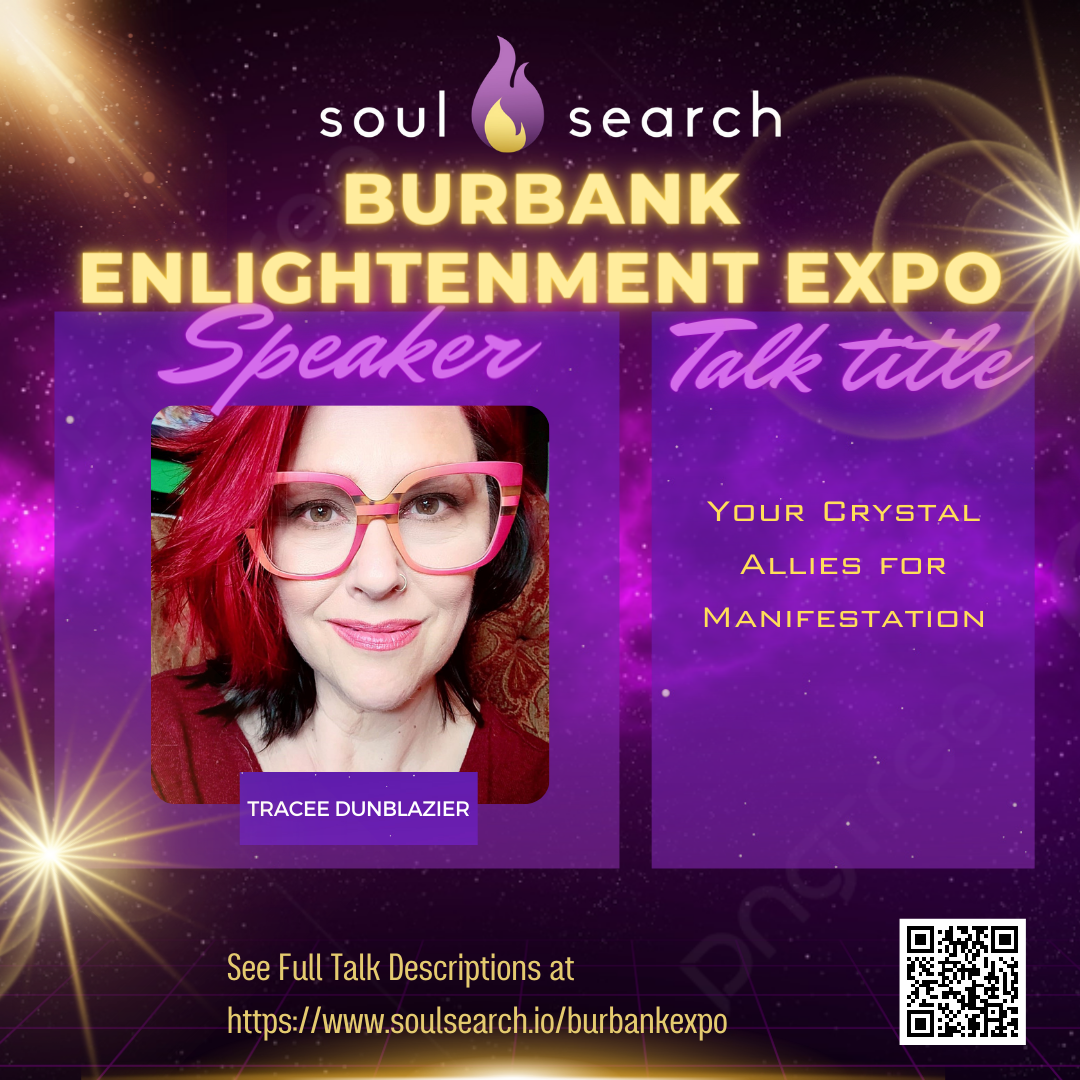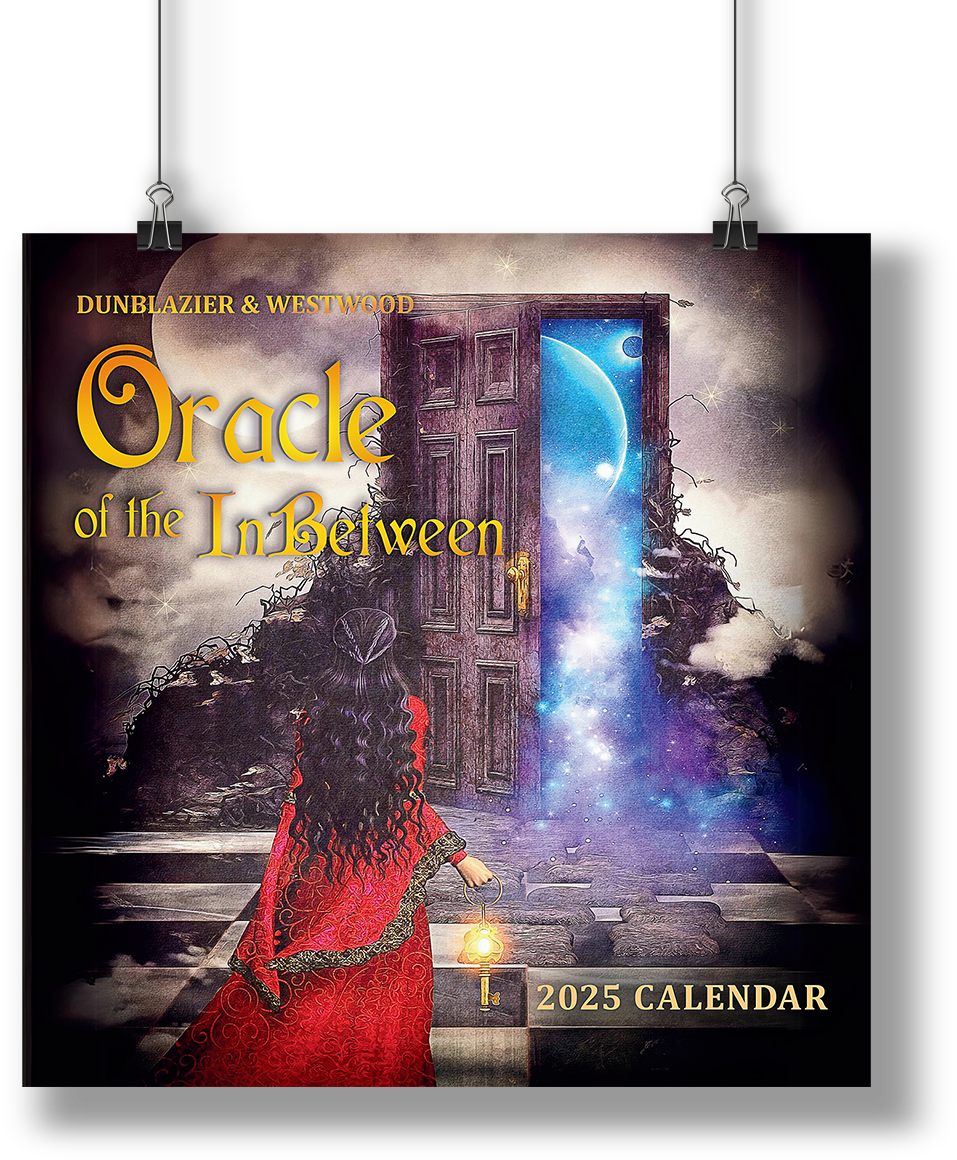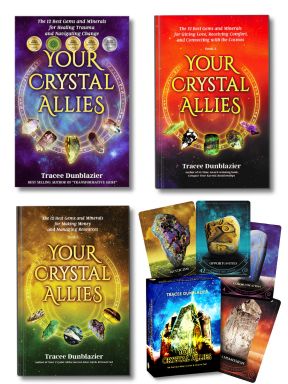When we’re hurt and angry, we want someone to be held accountable for our pain. But, sorry to say, the blame game only hurts us. Of this much, we’re sure.
The hard and fast truth: personal accountability is sexy. Nobody likes to have the finger pointed at them, especially when the soft and slow truth: everyone who has touched a situation has some connection and accountability towards its cause.
I know that may be hard to believe, especially when suing over spilled coffee and other ridiculous matters are so popular and prevalent. People aren’t looking for accountability; they’re often looking for a payday or to soothe their own guilt in some way. By all means, I know there are careless people and corporations who, if no one ever takes them to account, they won’t be held accountable.
However, in inter-personal relationships, the one playing the blame game will never really find happiness as they won’t ever fully experience their own power, they’re giving it away with the blame to someone else. So, instead of indulging in the game, here’s what you can do when the beast of blame rears its ugly head.
Do Yourself a Favor: Look at the Big Picture
When it comes to putting the blame on one person in a situation, it’s just never true. Every physical world event has a series of choices that were made and created it. Those choices were influenced by many people and experiences. Focusing the blame on one person is only a deterrent to the resolution or completion you’re seeking by pointing your finger in the first place.
Be Kind to Others: Look a little Deeper
Every physical world event has a genealogy. A family history. Every choice was made or influenced by a series of people. Sit down and write out all of the people that touched or influenced the deciding factors resulting in the event in question. Begin with the event itself and the decision makers and then go back in time chronicling everything from why the people involved may have done what they did and the influences on their life. More healing and resolution will come from understanding this history than blame can ever create.
Be True to Yourself: Forgiveness Comes through Grief
Anger and blame are always found hand in hand, they are indelibly linked. While they’re present, the truth will often be obscured. People tend to blame the last person to make a choice in a situation believing they are the cause of the event. An unfortunate position, indeed.
While having an object of your anger is often satisfying for a little while, the satisfaction doesn’t last, and piecemeal at best—leading to the inevitable sorrow to be revealed underneath. Grief and the expression of that sorrow is the hero in this story. Accept the loss or the change the event created and grieve its passing. Allowing yourself the process of mourning—to consciously change the way you will conduct your new way of life that the event has dictated—is the only way.
I worked with a woman once who caught her husband cheating. She was rightfully angry, but to her own detriment, was stuck in the bitterness and resentment of the betrayal. I did my best to explain to her that her resentment of her husband only hurt her. He’d moved on—and it was that fact that was the most painful to her. She’d been using her resentment to stay connected to him. For the first time, she said, she cried out of sadness instead of self-pity and anger. Her grief cleared the way to the understanding that the man she had married didn’t and couldn’t love her in the way she wanted. From that point on, the divorce went smoothly and she’s now in a relationship that brings her enormous joy.
Now, having gone through the process, she has the opportunity for freedom. Freedom from anger, bitterness, and resentment. But, most importantly, freedom from attachment to the people, places, and things that brought her suffering. Allowing love and forgiveness to easily take their place.
I want to be clear that there is a righteous place for anger to exist and a real purpose for it. Anger is the energy that brings your awareness to things you may not have been aware of previously—sometimes about yourself and sometimes about others. Either way, grief can’t come if there is no real knowledge of what has been lost or the truth; it may have never been present in the first place.
You aren’t served by pointing your anger at another; traditionally, when this happens, the target learns to tune you out and your desire to jolt them into awareness or accountability is not successful. Know that silence spawns the real truth. The quieter you are, the more the other person can become present to the error of their ways if it’s possible for them.
Anger and blame are truth seekers, not healers. If you’ll embrace your soul’s deepest desire to heal, your spirit will lead you through the pain to the freedom and forgiveness of an open heart.

